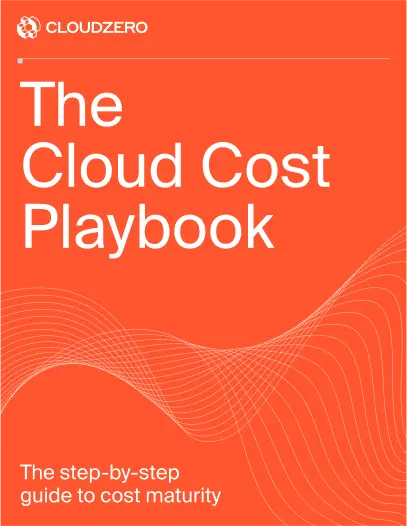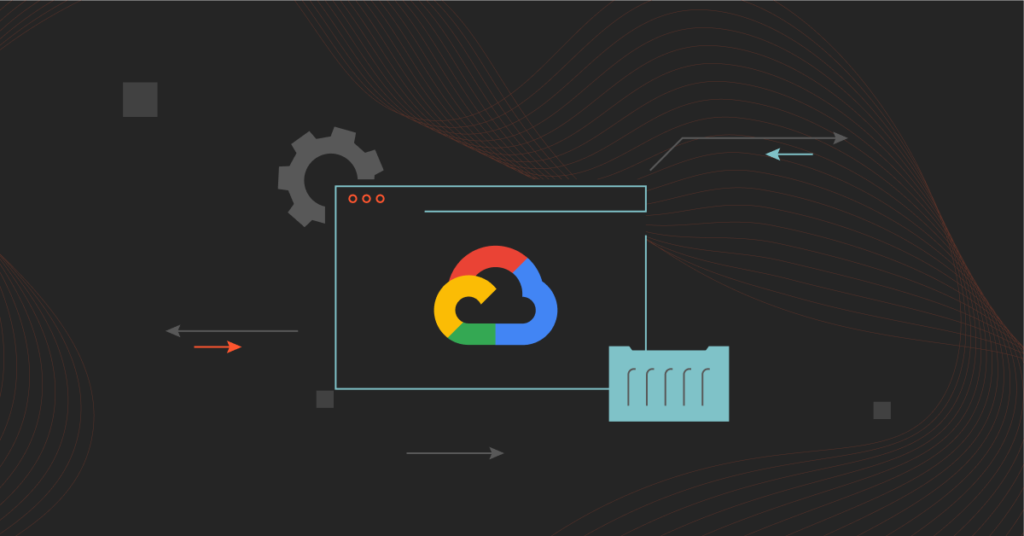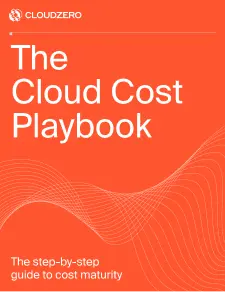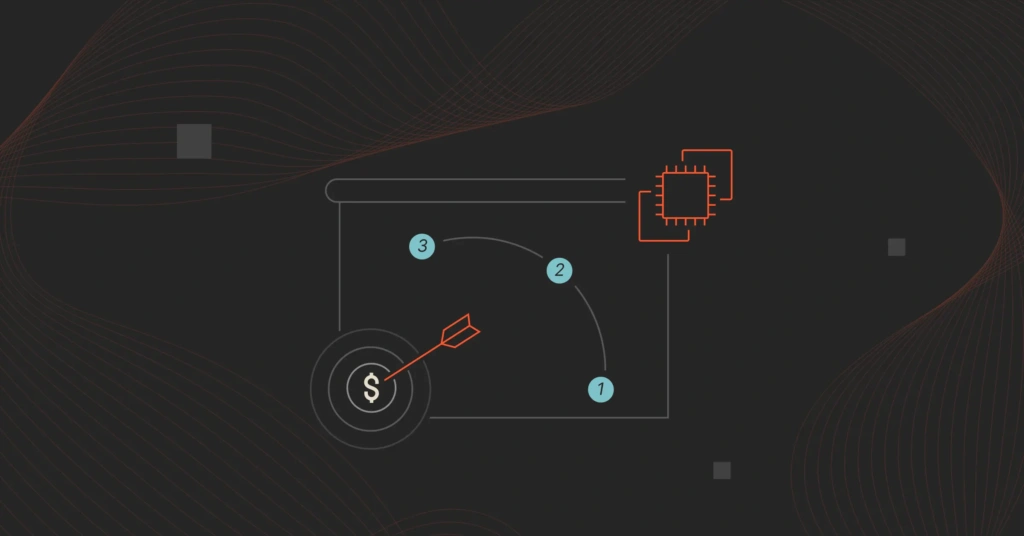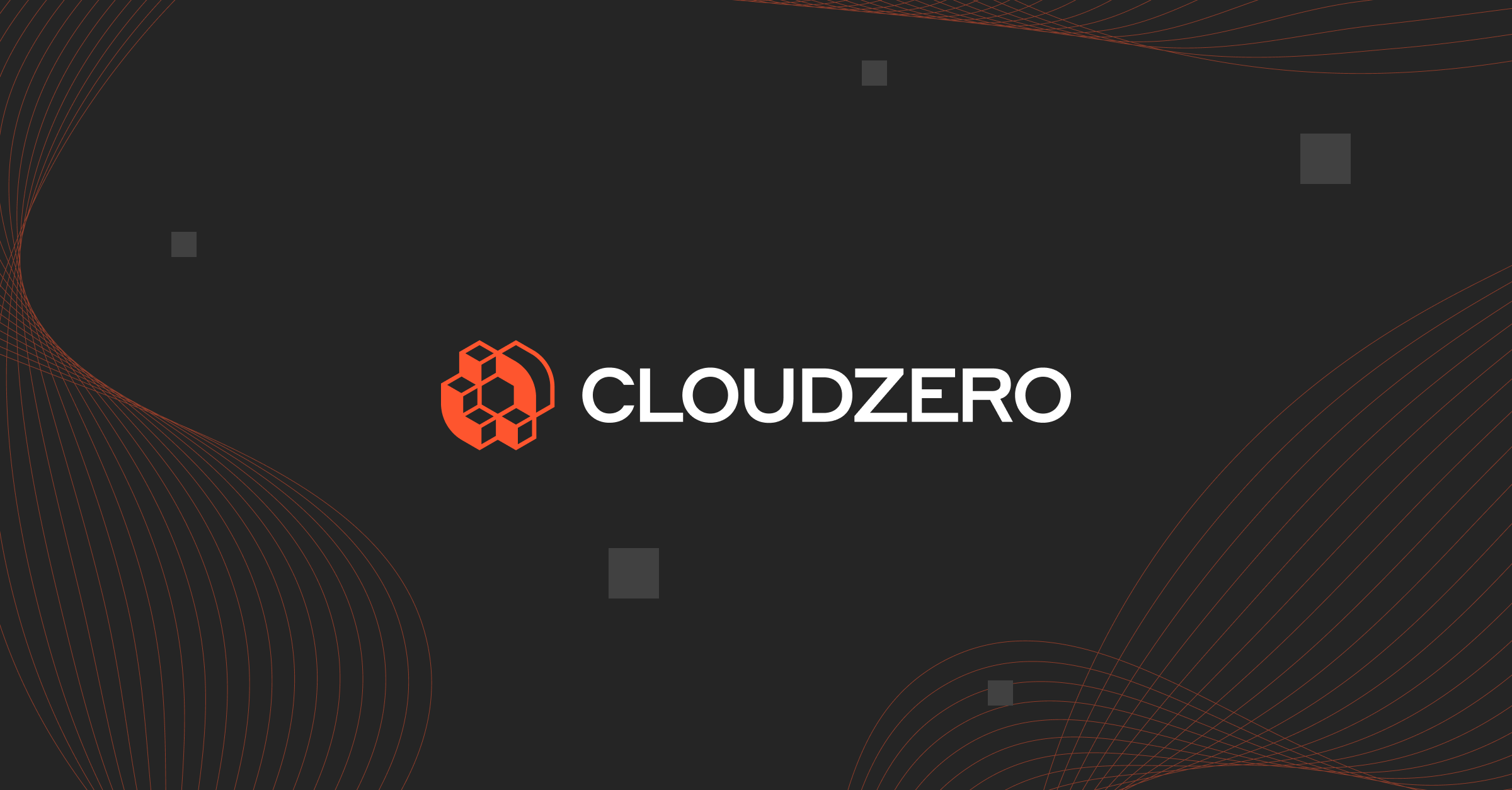Over the last few years, Google Cloud has grown at the fastest rate of any cloud service provider today. From 2020 to 2021, Google Cloud’s IaaS offering, GCP, grew 64%, followed by Microsoft Azure (51%) and Alibaba Cloud (42%), according to Gartner.
Yet Google Cloud isn’t flawless. Here’s what we mean and some of the top Google Cloud alternatives you’ll want to consider today.
What Is Google Cloud?
Google Cloud is Alphabet’s cloud services provider, offering Infrastructure-as-a-Service (IaaS), Software-as-a-Service (SaaS), and Platform-as-a-Service (PaaS) solutions.
Additionally, Google Cloud provides website hosting, cloud storage, Database-as-a-Service (DBaaS), virtual desktop (Google Workspace), and managed services to organizations of all sizes.
Google Cloud is also home to the Google Cloud Platform (GCP), its public cloud infrastructure offering.
The platform also holds 11% of the cloud service market, trailing behind Amazon Web Services (AWS) with 33% and Microsoft Azure with 21%. Despite this, Google Cloud is growing rapidly — and for good reason.
Google Cloud advantages
According to Gartner, Google Cloud adoption has increased because:
- It offers robust Kubernetes container technologies (Google Kubernetes Engine or GKE).
- It supports advanced Artificial Intelligence (AI) and Machine Learning (ML) Models.
- It is considerably more affordable for some products than AWS and Azure.
- It is more user-friendly than say AWS.
- If you are used to Google services such as Gmail, Drive, and Docs, adopting Google Cloud may not have a steep learning curve.
- The platform has also expanded its partner network and availability zones to reach a wider customer base.
- In addition, if you are looking to leverage robust cloud data analytics, Google Cloud’s Internet Search background makes it an ideal choice.
- The Google Cloud also supports many open-source projects if you plan to use a significant number in your cloud applications.
But, not so fast. If you choose to use Google Cloud services, be aware of the following.
Google Cloud limitations
There are a few shortcomings to using Google Cloud.
- The Google Cloud offers a wide range of cloud products and services. The result is complexity, making it difficult to learn, adapt, and optimize.
- The platform offers a wide range of capabilities, which can lead to dependence, and vendor lock-in.
- Several recent revelations show that the platform cooperates closely with the US government, raising security and privacy concerns.
- Google Cloud’s pricing changes more frequently than its competitors. This unpredictability could be costly if prices rise against your plans.
- The on-demand nature of Google Cloud services can make them expensive and difficult to manage.
- The Google Cloud has the fewest cloud products among the top three competitors. And this could be limiting your options in terms of regional coverage and disaster recovery capabilities.
- Google Cloud has historically delivered better uptime than Azure, but less than AWS, according to Network World.
As long as you don’t mind these drawbacks, Google Cloud might be your best choice for cloud services. Alternatively, you may choose one of the best Google Cloud alternatives we’ll share below.
First, here are some factors you’ll want to consider before making a decision, whether you are new to the cloud or searching for a cloud service provider.
What To Look For In Your Google Cloud Alternatives
Consider the following.
- Supported services – Your provider doesn’t have to offer as many services as Google Cloud and GCP. Still, the Google Cloud alternative should cover your cloud computing needs – both now and in the foreseeable future.
- Reliability – Choose a cloud provider with a solid track record of service availability. If it offers a Service Level Agreement (SLA) to back it up, even better.
- Data center locations – If you need a cloud provider with a broader footprint, you may need to go with Azure or AWS. But if you can localize your requirements to specific locations, you can choose a smaller provider. Yet, a greater number of locations would make data backup and disaster recovery easier, thereby minimizing single points of failure.
- Total Cost of Ownership – Google Cloud services tend to be slightly cheaper than many AWS or Azure products, so ensure you are getting the best price-performance from your new cloud provider.
- Cloud security – Security in the cloud follows a shared responsibility model. Yet, it’s crucial to verify that your Google Cloud alternative offers adequate security and compliance tools for your workloads.
- Technical support – If you need assistance, your cloud provider should be able to help. For example, many smaller providers, such as Linode and Vultr, provide 24/7 support without charging a premium.
- Performance – It’s essential to choose an alternative to Google Cloud that provides a good range of compute configurations to support optimal performance for various use cases.
- Scalability – The best cloud providers support auto-scaling, which can help you meet performance requirements with minimal cloud resource waste.
- Compliance – Choose a cloud provider that meets your industry’s regulations, regardless of how many other standards they meet.
- Vendor lock-in – Some cloud providers support open-source architecture, allowing you to integrate a variety of components into your stack to meet your diverse needs.
Having these factors in mind will enable you to narrow down Google Cloud alternatives that are right for you.
Overall Top Google Cloud Alternative – Amazon Web Services (AWS)

AWS offers a lot of the same products and services as Google Cloud, including IaaS, PaaS, and SaaS solutions. However, AWS offers more in terms of the sheer number of services available (240+) and platform maturity.
AWS features
- Complete cloud – AWS has significantly more cloud products and services, and deeper functionality within those services than Google Cloud or any other cloud provider. The more than 240 services cover everything from compute, storage, and databases to Machine Learning, Artificial Intelligence (AI), and data warehousing and analytics to the Internet of Things and Serverless computing.
- Identity and Access Management (IAM) -This enables you to control who has access to various aspects of your AWS environment, from data access to modifying services.
- Auto-scaling – AWS lets you automate the scaling of cloud resources to accommodate your workload; increase to handle more demanding work or additional traffic and decrease to minimize idle costs.
- Serverless computing – Use services such as AWS Lambda to eliminate the need to provision infrastructure or pay for more resources than you use.
- AWS Outposts – Get the same infrastructure, tools, services, and APIs for your edge computing and on-premises applications as in the AWS cloud.
- AWS Cost Explorer – Collect, visualize, and manage your AWS cloud costs, including getting custom cost-saving recommendations.
AWS pricing
AWS pricing is based on a pay-as-you-go model. It means you pay according to the amount of cloud resources you consume. With On-Demand pricing, there is no upfront fee or contract to sign. However, you can save up to 72% if you commit to using the service for one or three years instead of per hour.
Check out our guide to AWS vs GCP pricing here for more details.
AWS pros
- Includes an extensive number of services, making it an all-in-one cloud
- Each service offers deep functionality, such as separate services for Docker and Kubernetes-based container technologies
- Its extensive coverage means you can deploy workloads all over the world
- World-class cloud and physical infrastructure security
- Superior data backup and disaster recovery layers
- Generous free tiers, such as 750 hours free
- Excellent uptime track record despite its numerous products and global cloud infrastructure
- Pay-as-you-go pricing
AWS cons
- The sheer breadth of products can be overwhelming
- Pricing is often complex, leading to overspending and poor optimization
- Google Cloud is significantly cheaper in many services
- AWS’s IaaS offering requires more advanced expertise than GCP which offer pre-configurations
Best Google Cloud Alternative For Small Organizations – Vultr
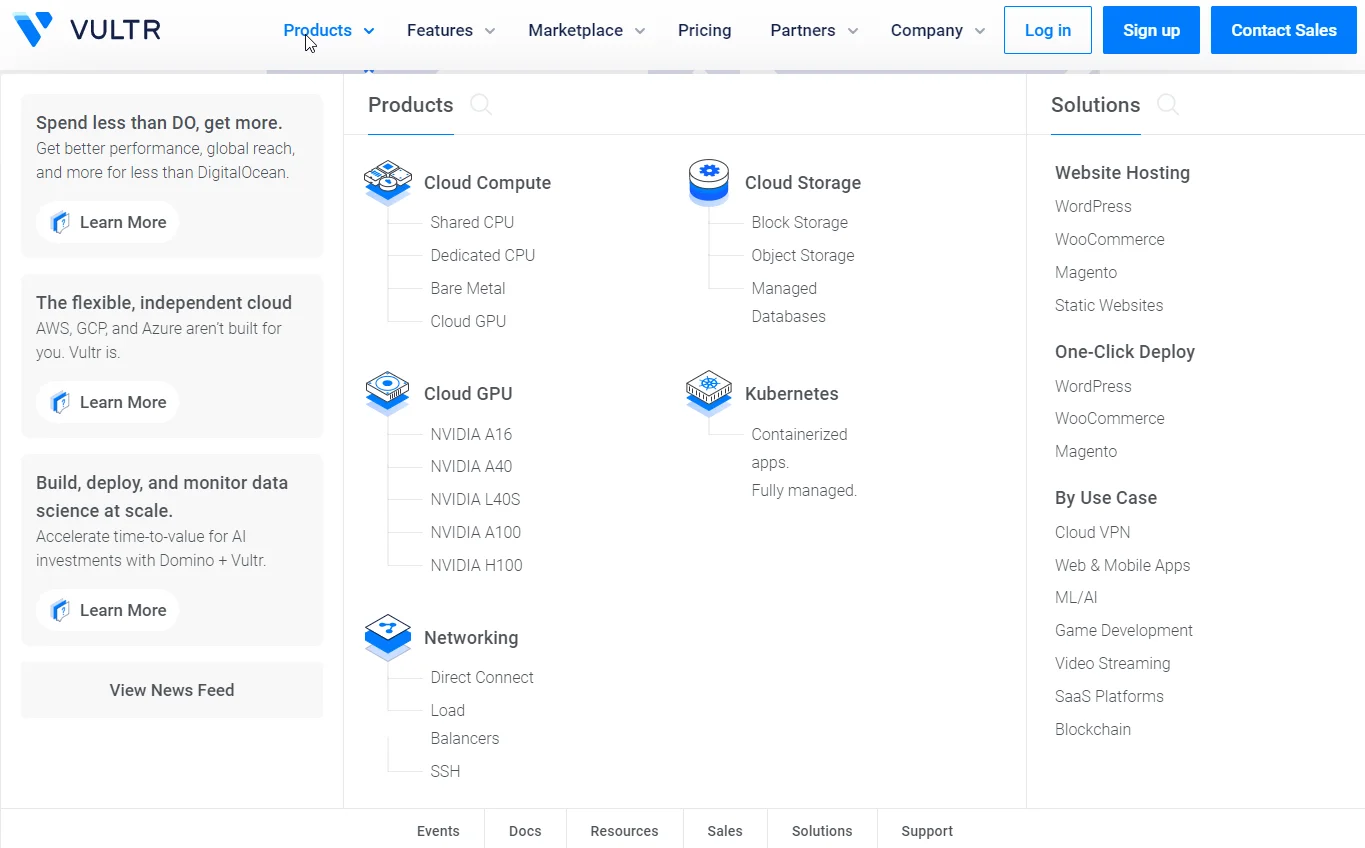
Vultr is great for small businesses that need fast cloud infrastructure, web hosting, and customer support. The platform is also a top Google Cloud alternative if you want powerful APIs and control panel.
Vultr features
- Powerful control panel – Easily manage and share access to your Vultr cloud computing infrastructure seamlessly.
- In-built DDOS mitigation – Each instance comes with a mitigation capacity of up to 10 Gbps to handle increased loads.
- KVM-based platform – Upload your own operating system image, from Linux to Windows to FreeBSD.
- Kubernetes – Vultr Kubernetes Service is fully managed to optimize container management.
- High-performance IP network – Includes high-speed private and public networking to support rapid data transfers.
- Website hosting – Use a modern, fast web hosting service to support your dynamic traffic and hosting needs in the cloud.
Vultr pricing
As with Google Cloud pricing, Vultr charges based on factors such as virtual machine type and usage period. Vultr Compute starts at $2.50 per month or $28 per month for Optimized Cloud Compute. Pricing for fully automated bare metals starts at $120 per month and cloud GPUs start at $0.03 per hour.
Vultr pros
- Ultra-fast SSD VPS servers and a broad array of NVIDIA GPUs
- Enterprise-grade security, flexibility, and scalability platform for SMBs
- User-friendly platform, including One-Click deploy and 60-second configuration
- Cost-effective pricing compared to Google Cloud services
- Multiple data center locations (32 and growing) compared to close alternatives such as Kamatera
Vultr cons
- A limited number of data center locations, leading to latency if deploying in regions not near you
- No volume discounts for now
- Ticketing-based support could be faster, especially on weekends and holidays
Best Google Cloud Alternative For Mid-Sized Organizations – DigitalOcean
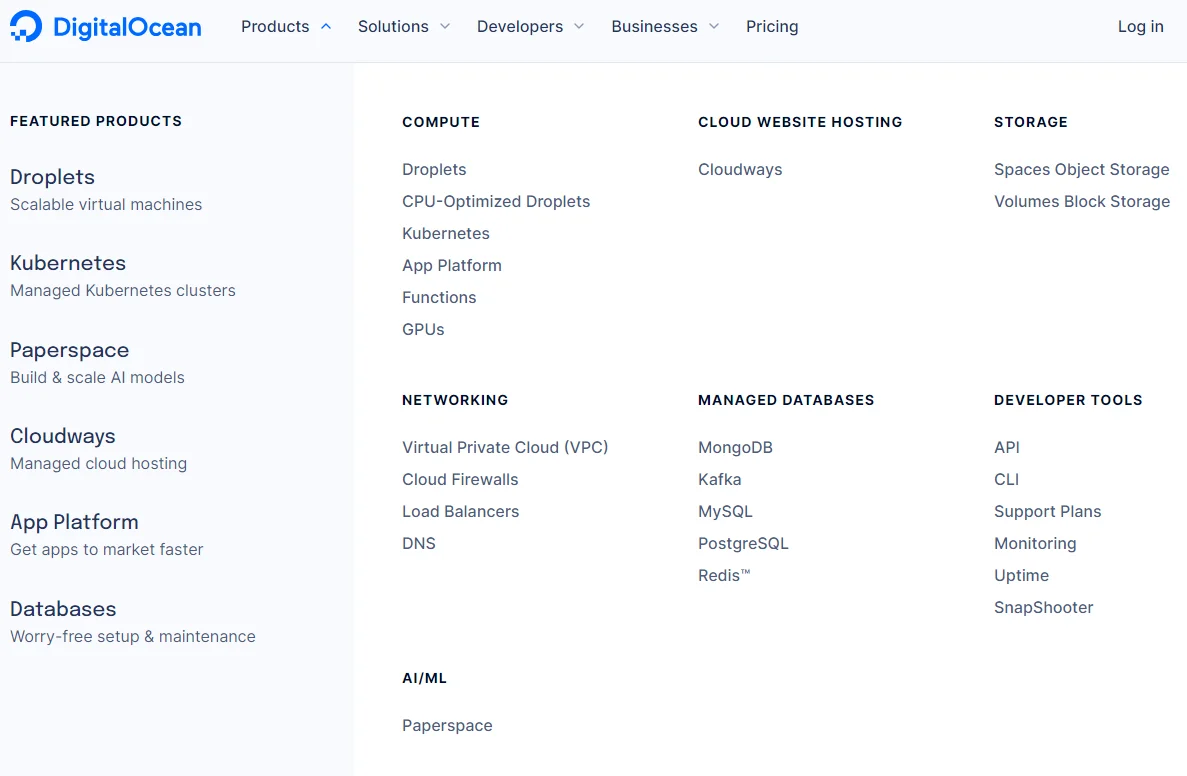
DigitalOcean is ideal for organizations that don’t need the full range of cloud services Google Cloud offers and are doing quite a bit of development work. Deep Linux support and documentation make DigitalOcean a great choice for developers.
DigitalOcean features
- Cloud VPS services – You can choose from its managed and self-managed options for fast operations.
- Cloudways – Offers fast, secure, and managed cloud website hosting.
- Cloud Data Network – DO offers a solid CDN service.
- Managed databases – Supports various options including Kafka, MongoDB, PostgreSQL, MySQL, and managed database for Redis.
- Kubernetes – You can deploy managed K8s clusters and manage them on DigitalOcean.
- App platform – This is a top Google Cloud alternative for building, testing, and getting apps to market quickly.
DigitalOcean pricing
Similarly to Google Cloud, DigitalOcean pricing is based on usage. Each service offers unique pricing. For example, pricing starts at $4 per month for virtual machines, $5 per month for object storage, $10 per month for volumes (block storage), and more.
DigitalOcean pros
- Superior Linux support
- Excellent documentation and technical support
- Developer-friendly and includes a Developer Center
- Supports broad cloud computing capabilities, from compute and containers to serverless and web hosting
- Available across eight regions globally
- Simpler UI, API, and CLI compared to Google Cloud
- More affordable pricing for medium-sized enterprises vs GCP
- Free offers (3 static sites, data transfer to and within VPCs, cloud firewalls, DNS management, etc)
DigitalOcean cons
- Limited global infrastructure coverage (15 data centers only)
- Limited service offerings
- Designed for technical operators
- Scaling storage needs could be simpler
Best Google Cloud Alternative For Enterprises – Microsoft Azure
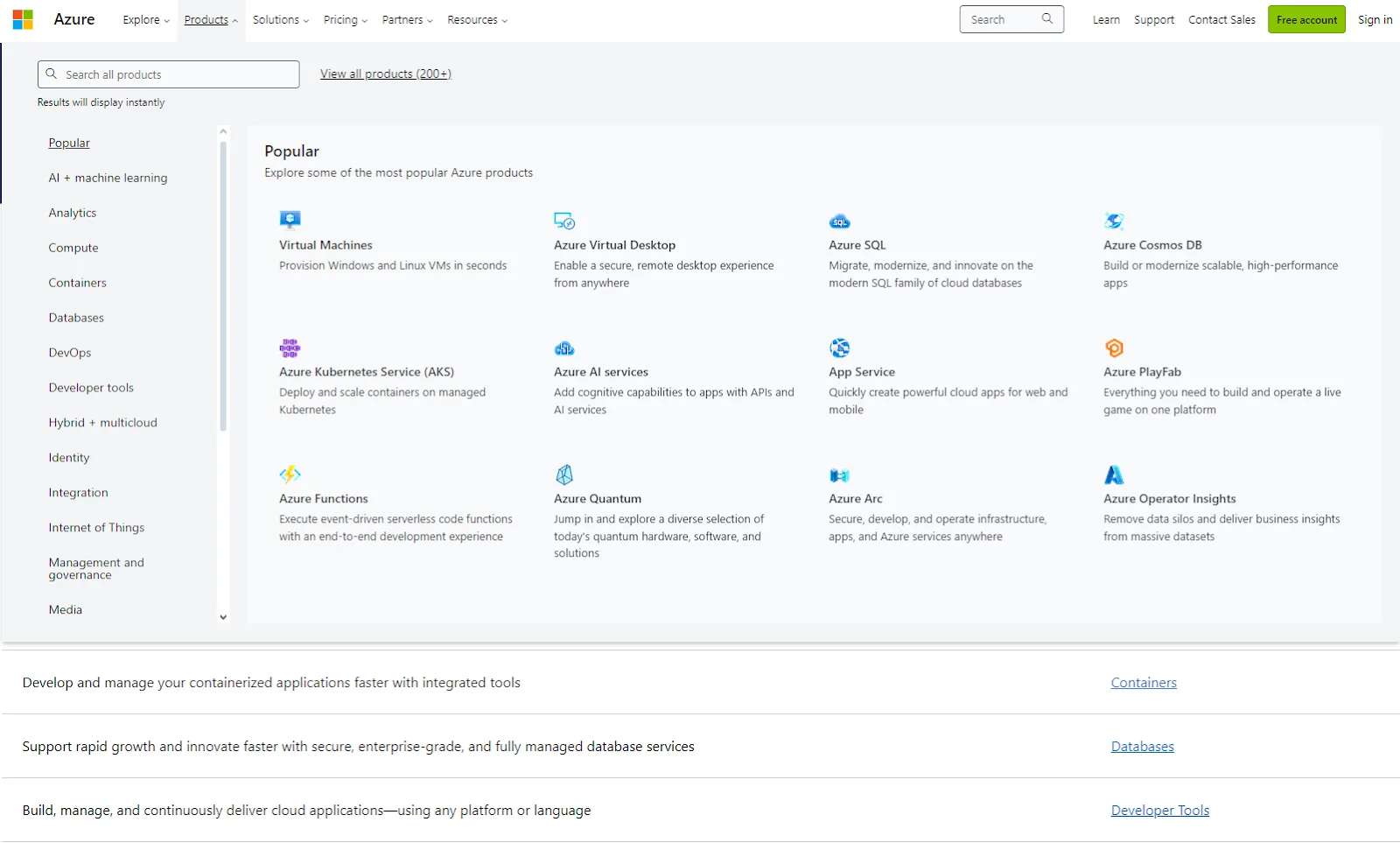
Currently, Microsoft Azure is the second largest cloud provider in the world. Furthermore, it offers extensive global cloud infrastructure and geographical locations. Azure is a lot like GCP, but with more enterprise-grade capabilities.
Azure features
- PaaS, IaaS, and SaaS – AWS’s strength lies in its IaaS while Google Cloud’s strength is in AI/ML and Kubernetes. Azure offers a solid platform for PaaS and edge computing.
- Hybrid and Multi-cloud support – Expect solid support for integrating different public and private clouds to take advantage of the best at the same time.
- Auto-scaling – Set up your environment to expand and contract dynamically to meet your workload requirements, optimizing your price-performance ratio.
- IAM support – Expect enterprise-grade Identity and Access Management across your Azure environment.
- Multi-layered backup and disaster recovery – Its extensive network of global data centers delivers extra layers of data protection and service availability.
- Azure Cost Management – Collect, visualize, and manage your Azure cloud costs natively.
- AWS matching – If you are looking for a CSP like GCP or AWS but one that supports Microsoft 360 and Windows licenses natively, Azure is your top option.
Azure pricing
Pricing for Azure cloud services is based on usage. Each service has its own billing and price per hour or per second. There is no upfront fee or commitment required to get started. Rather, you pay a monthly fee based on your usage. Like Google Cloud, Azure offers discounts for committed usage, including Reserved Instances (RIs) and Savings Plans.
Azure pros
- Extensive cloud infrastructure to support low-latency global computing
- Excellent edge computing
- Top alternative to Google Cloud for hybrid cloud deployments
- Supports pay-as-you-go pricing
- Get up to 57% discounts for committed usage and 90% off with spot VMs
- Great uptime, backed by 99.9% SLAs
- Most affordable option for Windows licenses
- Solid virtual desktop offering (Supports Microsoft 360 suite of apps natively)
Azure cons
- Wide range of services can be overwhelming
- Complex pricing
- High potential for vendor lock-in
- Requires advanced experts to configure and maintain
- Limited cost management capabilities
Check out our comparison guide to AWS vs Azure vs Google Cloud Platform here to decide which major cloud provider is best for your requirements.
Top Google Cloud Alternatives
In this section, we’ll look at some other alternatives to Google Cloud and GCP, giving you more options to find the cloud provider that’s right for you.
Alibaba Cloud
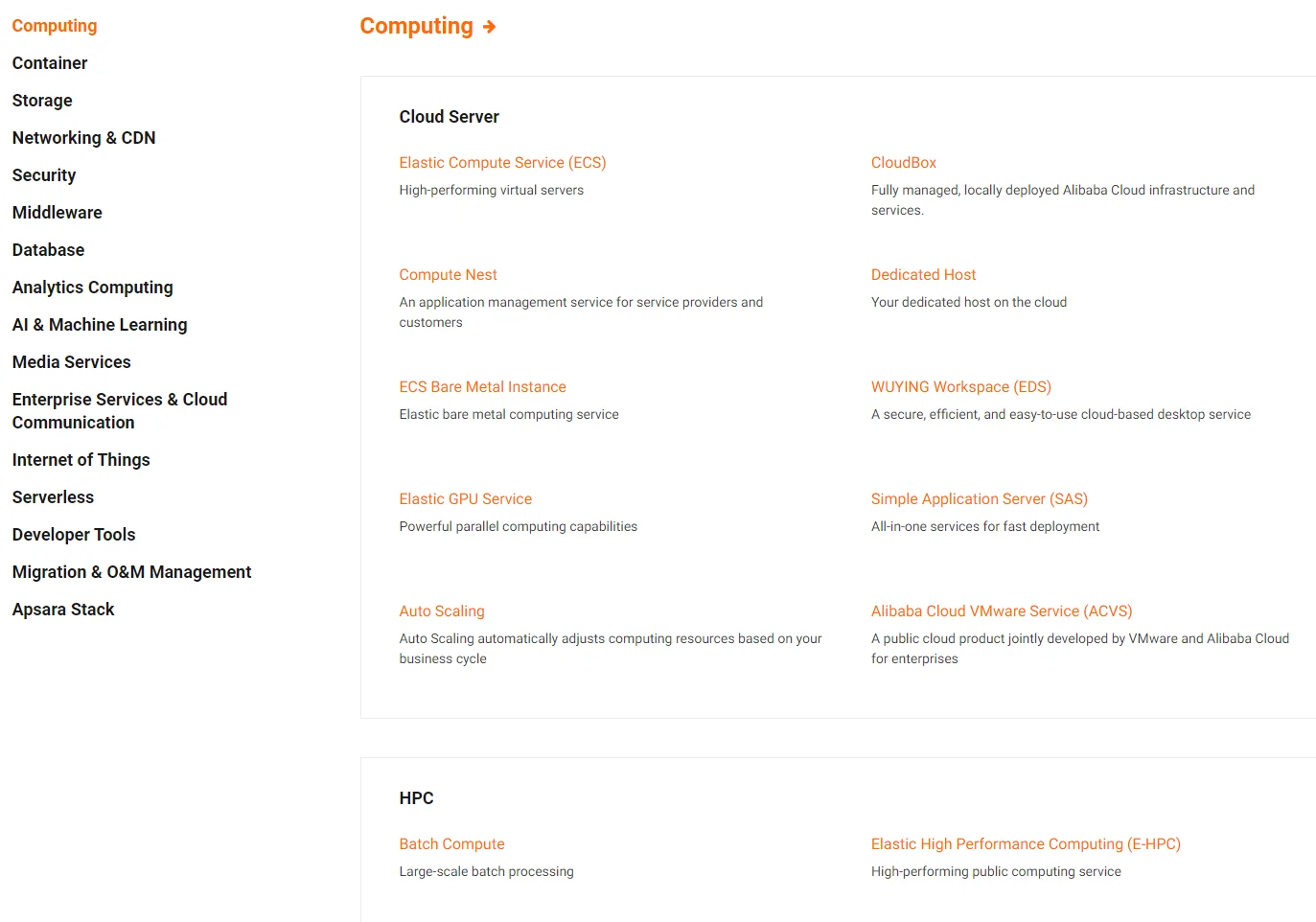
Alibaba Cloud is similar to Google Cloud in multiple ways. It offers a single platform for IaaS, PaaS, ad SaaS deployments. However, like AWS, Alibaba Cloud has a strong e-commerce background in Alibaba.com.
Alibaba Cloud features
- All-in-one CSP – Alibaba Cloud provides over 100 cloud services spread across 16 categories, including compute, storage, containers, AI/ML, databases, and more.
- Cloud firewall – The platform provides additional security features like cloud firewalls, web app firewalls, anti-DDOS, and IAM.
- Elastic Compute Service – Alibaba Cloud provides high-performance virtual servers, similar to the top three cloud providers.
- Database backups – It includes support for relational, NoSQL, and data warehouse as well as database management tools.
- Hybrid and multi-cloud support – You can deploy your workloads in a combo of private and public clouds.
- Dynamic content delivery service – Alibaba’s DCDN offers dynamic acceleration capabilities.
Alibaba Cloud pricing
Similar to Google Cloud Platform, Alibaba Cloud pricing is pay-as-you-go. You pay only for what you use with free offers and discounts for committed usage.
Alibaba Cloud pros
- Designed for businesses and workloads of all types and sizes
- Has data centers in six continents, 22 regions, 63 Availability Zones (4 in the US), and over 70 locations globally
- Offers over 50 free tier products and a 60% renewal discount
- If you are planning on deploying in your Asia market, this is the most popular cloud provider
- Discounted storage
- Easier to set up backup servers and mirror sites
Alibaba Cloud cons
- Limited data centers outside Asia
- A smaller selection of engineers that are familiar with it
- Fewer integrations than Google Cloud
- Quite similar to Google Cloud in complexity
Kamatera Cloud
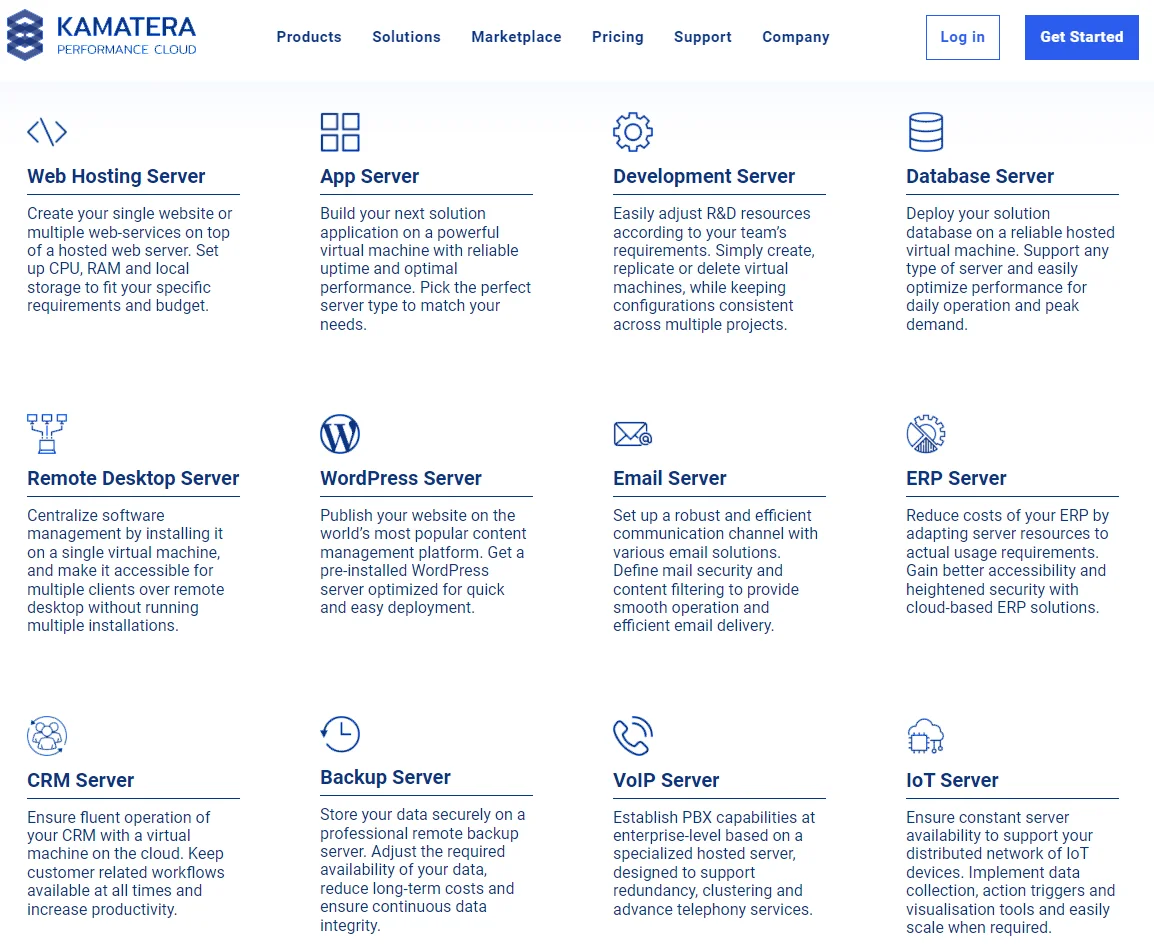
What is special about Kamatera Cloud is it’s more user-friendly with an easier setup process and intuitive UI than Google Cloud. It also offers discounts on storage and makes it easier to set up backup servers and mirror sites.
Kamatera features
- Managed VPC – Get the components you need to build a secure, enterprise-grade virtual private cloud.
- Cloud desktop – Create your own secure, performant virtual desktop environment.
- Website hosting – Offers fast web hosting services.
- Unlimited scaling – despite its limited data center network, it offers virtually limitless scalability to accommodate increased applications.
- Load balancers – Distribute workloads across servers to optimize performance.
Kamatera pros
- 150+ server configurations possible
- Enterprise-grade cloud infrastructure
- More affordable vs Google Cloud
- More user-friendly
- Managed and unmanaged VPS
- Run 100+ operating system images
- 99.95% uptime guarantee despite limited coverage
Kamatera cons
- Just 14 global data centers are located in the US and Europe, limiting deployment in other locations
- Customer support costs a premium
- Limited cloud services compared to Google Cloud, so it’s ideal for small businesses
IBM Cloud
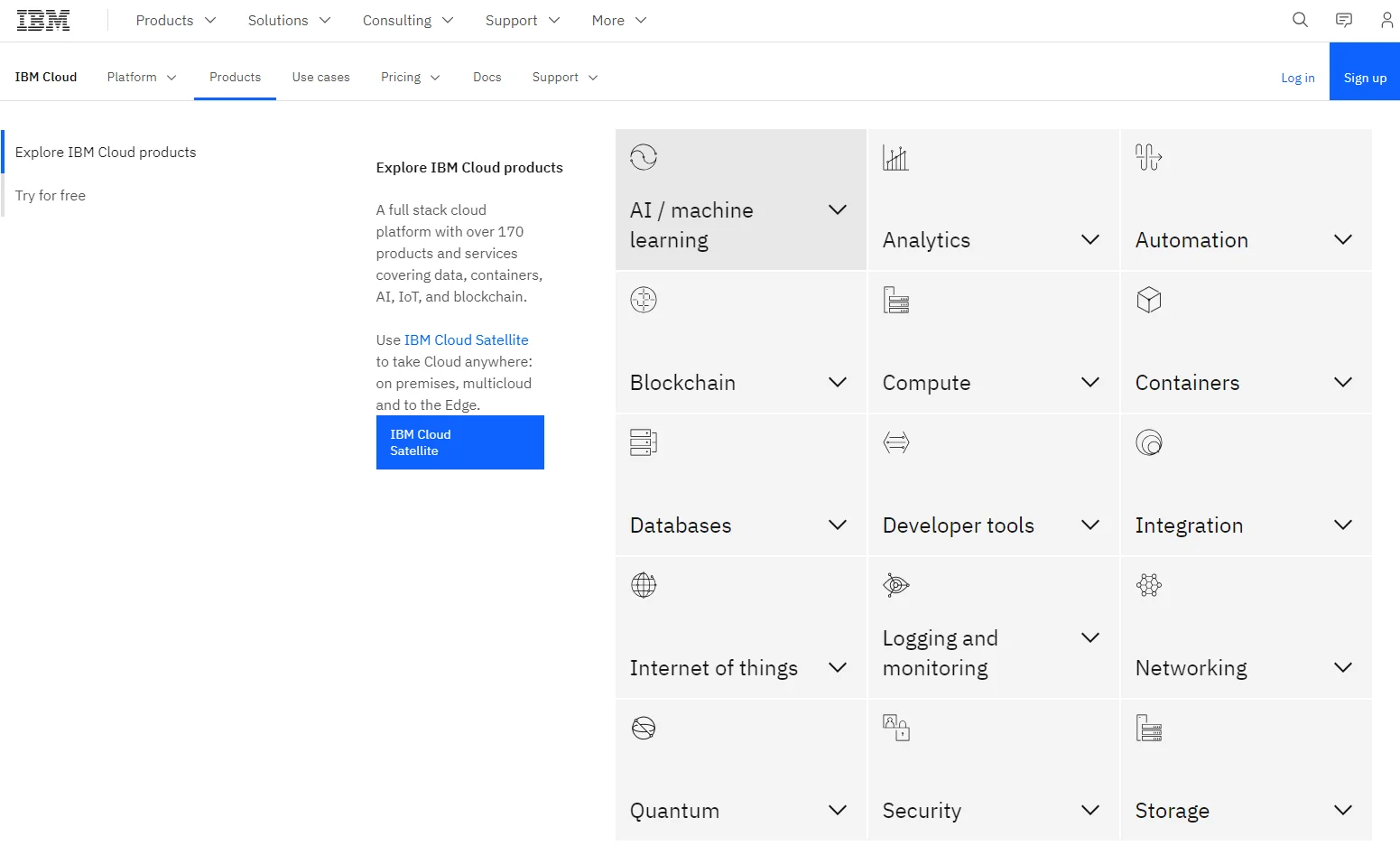
The International Business Machine’s cloud platform provides a solid alternative to the major cloud providers. IBM Cloud also works with Red Hat to deliver enterprise-grade capabilities with an open-source edge to them.
IBM features
- Virtual Private Cloud – Create and deploy apps in your own private environment to improve security and performance.
- Hybrid cloud – Take advantage of both a public and private cloud environment at the same time within the IBM cloud.
- On-Premises deploy – Like AWS, you can use IBM to configure and run your on-premises workloads as in the cloud.
- Cloud security – The ability to protect your data in transit, in use, and at rest, provides higher security than on other cloud platforms.
- VMware and SAP – Works seamlessly to ensure your SAP and VMWare workloads are available and secure at all times.
IBM pricing
IBM Cloud pricing is Pay-as-you-go, just as with Google Cloud, with the option to reserve instances (committed use discounts) or use its subscription plan. IBM offers over 40 free forever products, including IBM Watson API.
IBM pros
- Offers over 170 cloud products and services across 15 categories
- Over 60 global data centers across 6 continents
- Combines PaaS and IaaS capabilities to deliver an integrated experience
- Supports hybrid and multi-cloud cloud deployments
- Works seamlessly on-premises
- Great for your SAP and VMWare applications
- Deep enterprise-grade security and computing capabilities
- Supports Red Hat OpenShift and Kubernetes
IBM cons
- Setting up bare metal servers can be quite time-consuming
- A limited number of offerings vs Google Cloud
- Might not be less complex or cheaper than Google Cloud
OVHCloud
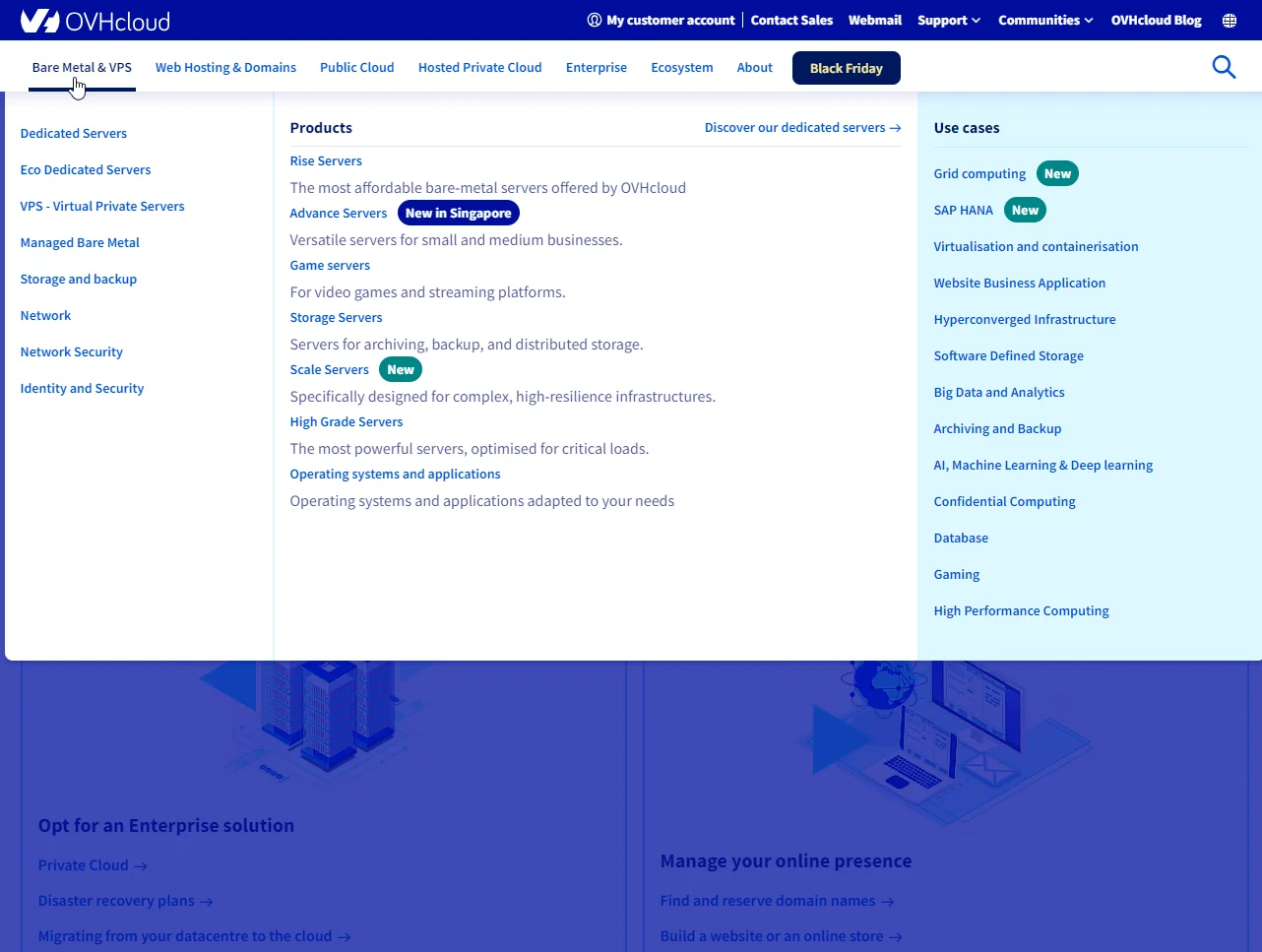
France-based OVHCloud is Europe’s largest cloud service provider, even though US-based competitors like Google Cloud dominate market share. OVHCloud is best-known for its VPS and web hosting products.
OVHCloud features
- Virtual Private Servers – It offers robust dedicated servers to support a good price-performance ratio.
- Asia-Pacific hosted – Cloud provider now has data centers in India, Australia, and Singapore, where Google Cloud does not have any or a solid presence.
- Web hosting – Build a website in minutes and have everything you need to run and maintain it at optimal price-performance to support your business.
- Edge computing – The platform offers about 44 redundant POPs to support seamless computing at the edge.
OVHCloud pricing
Like Google Cloud, the OVHCloud offers a Pay-as-you-go model. But you can commit to longer-term use to get committed use discounts. Only pay for what you use; based on how you configure cloud resources and how long you use them.
OVHCloud pros
- Dedicated servers for SMEs
- Cost-effective web hosting service
- Robust VPS service
- More than 40 global data centers across 4 continents
- Supports managed VMWare virtualization
- Asia-Pacific locations are ideal if you are targeting this developing market
- Includes a managed Kubernetes service for containerized applications
- Offers help to migrate from on-premises to its private or public cloud environment
- Pre-configurations enable you to deploy a Big Data & analytics platform in under an hour
- 100% dedicated resources for your public cloud
OVHCloud cons
- No built-in email service
- Limited or slow technical support
- Limited server locations
Linode Cloud
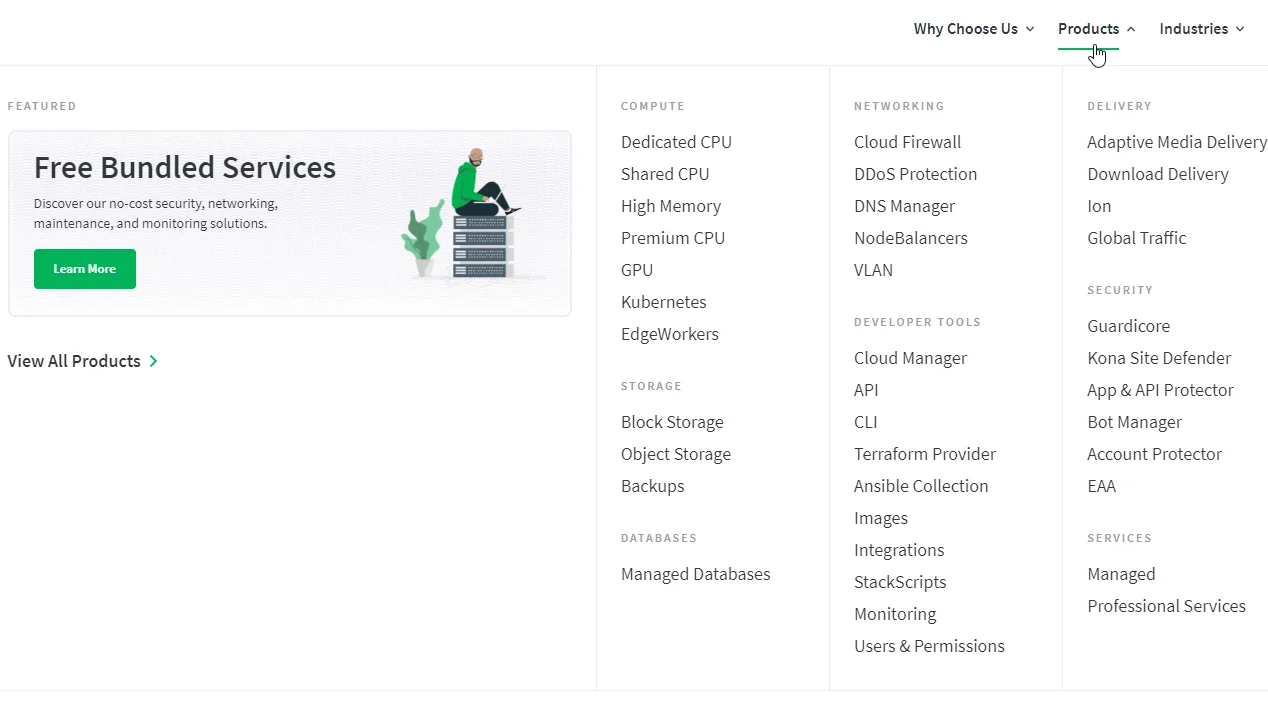
Linode is a suitable cloud provider for both small and mid-sized organizations. As a part of Akamai’s cloud security solutions, it offers a robust Content Delivery Network (CDN) and IT security background.
Linode features
- Linux-powered cloud – Linode is best-known for providing Linux-based cloud infrastructure, including virtual machines (VMs).
- Managed Service – This technical help simplifies setting up, running, and maintaining your Linux-based workloads (costs $100/Linode compute instance/month).
- Cloud security – Linode is part of Akamai’s cloud security stack and includes cloud firewall, Anti-DDOS protection, and other built-in data security solutions.
- High memory – This is particularly ideal for handling large-scale data queries.
Linode pricing
Linode can be quite affordable for Linux workloads, depending on your configuration. It bundles CPU, memory, data transfer, and storage in a single, flat fee. Pricing starts at $36 per month or $0.054 per hour for 2vCPUs, 4GB RAM, 80 GB storage, 4 TB transfer, and 40/4 Gbps network bandwidth.
Linode pros
- Powerful yet user-friendly API (can use custom code to access products and servers through Cloud Manager)
- Datacenter in Mumbai, India, a fast-rising market
- User-friendly than Google Cloud, especially for Linux professionals
- Less complex pricing and billing
- High-performance NVMe-based Block storage
- Solid uptime and 99.99% SLAs
- Responsive customer support
- Largest independent Open Cloud Provider
- One-click app installations
Linode cons
- Smaller cloud infrastructure footprint
- Limited services vs Google Cloud
- Set up processes for some services could be easier
Oracle Cloud
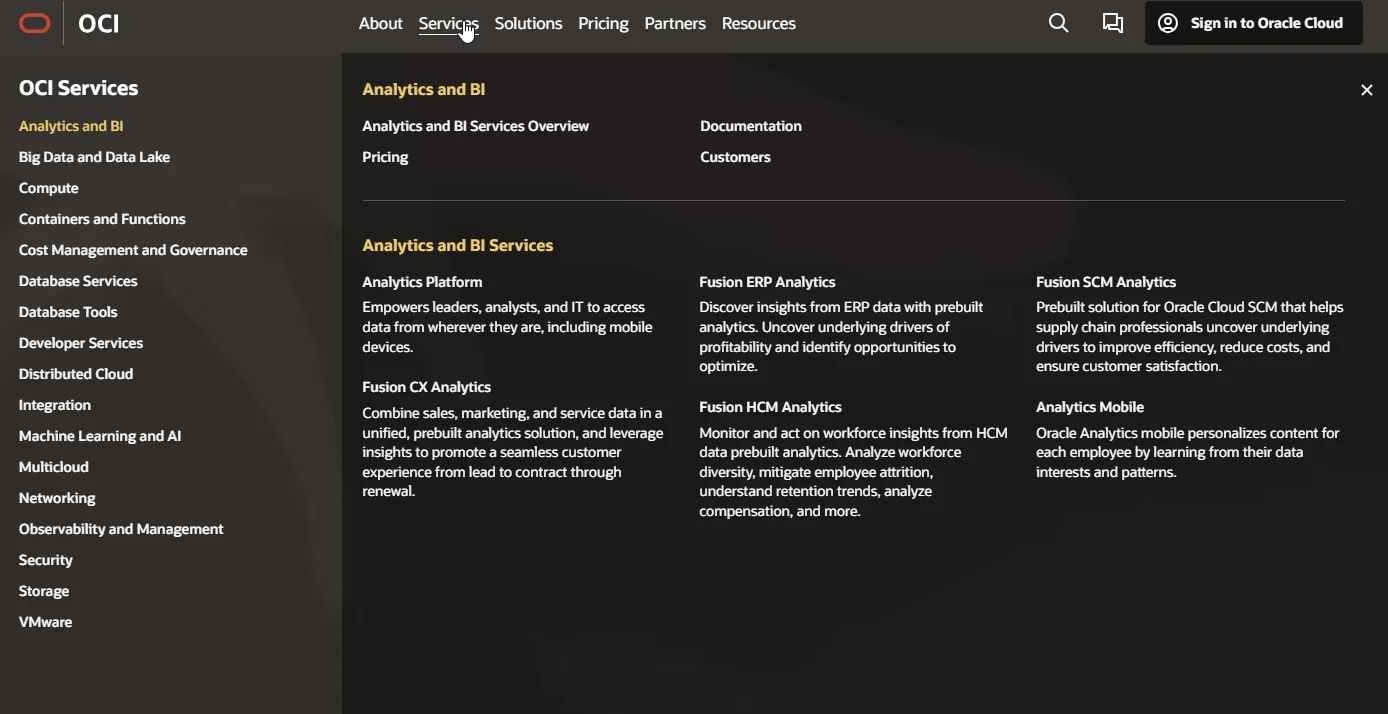
If you are looking for a cloud provider with more of a PaaS and enterprise application development background, the Oracle Cloud may help. There are services such as Oracle Autonomous Database, Oracle Analytics Cloud, and Oracle Blockchain Cloud — all of which can help your organization to more quickly develop, deploy, and manage applications and services.
Oracle Cloud features
- AI & ML – Like Google Cloud, Oracle Cloud provides robust Artificial Intelligence and Machine Learning models as well as data analytics.
- Enterprise application development – Oracle has a strong background in custom application development, including SaaS products, which you can leverage for your cloud development.
- Cloud Guard – As with other major cloud providers, expect built-in Identity Access Management (IAM), Anti-DDOS protection, and more cloud security features.
- All-in-one cloud provider – You can run your entire operations on the OCI because it supports everything from compute to Kubernetes to website hosting.
Oracle Cloud pricing
As others in this guide, pricing for Oracle Cloud services is Pay-as-you-Go with the option to get significant discounts for committed use.
Oracle Cloud pros
- Extensive global data center infrastructure to support low-latency applications
- All-in-one cloud service provider like Google Cloud
- High-performance computing
- Migrate your on-premises workloads to the OCI platform as is
- Oracle-Bring-Your-Own licenses help reduce costs on OCI
- Great for running ERP, CRM, BI, and CSP solutions
- Ideal for both small and large enterprises (not necessarily SMBs)
Oracle Cloud cons
- It is not necessarily a less complex alternative to Google Cloud
- Not the best .NET experiences
- Understanding and controlling Oracle Cloud costs can be challenging, similar to managing Google Cloud costs
That’s it.
If you need a Google Cloud alternative now or in the near future, these cloud service providers can help.
Before switching, we recommend assessing each provider’s products and services more closely, especially those related to migration, service level agreements, and pricing.
As for getting exact cost data in the cloud, native cost management tools often provide an overview – not both the big picture and the actionable details you need to stop overspending.
How To Understand, Control, And Optimize Cloud Cost On Any Major Cloud
Using CloudZero’s Cloud Cost Intelligence approach is a smarter, more accurate way to understand your AWS, Azure, GCP, and Oracle Cloud costs. No perfect tags required.
You can also view the cost of your cloud providers alongside platform costs such as Kubernetes, Snowflake, Databricks, MongoDB, Datadog, and New Relic. No separate view required.
With CloudZero, you can:
- Per unit costs – View your cloud costs per customer, team, environment, service, feature, deployment, and more. Native and traditional cost tools focus on total, daily, monthly, and average costs.
- No endless tagging – Understand the costs of your tagged, untagged, and untaggable resources even if you have messy tags.
- Hourly cost intel – Get your detailed, overwhelm-free cost reports hourly (not once every 24 hours like traditional cost tools do) to prevent billing surprises a month later
- Leading K8s cost analysis – Understand your Kubernetes costs by technical concepts such as cost per pod, cluster, or node as well as business concepts such as cost per service, per environment, and more.
- Real-time cost anomaly detection – Get context-rich cost anomaly alerts right in your inbox to lead to the root of the problem so you can fix it.
CloudZero provides more than just cost savings. Our FinOps professionals can help you optimize your cloud environment and fast-track your ROI. CloudZero customers such as Drift and Lawnstarter have reduced annual costs by up to $4 million and 55% using these and other capabilities. Malwarebytes also reduced cost management time by 6-10 hours per week. You can, too.
